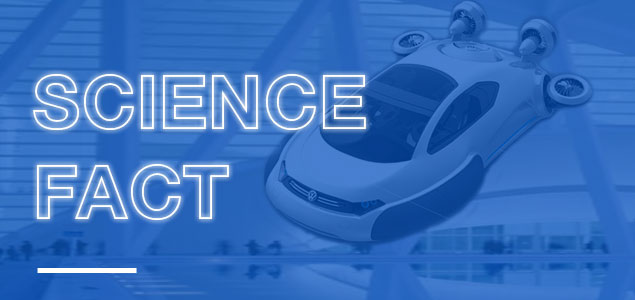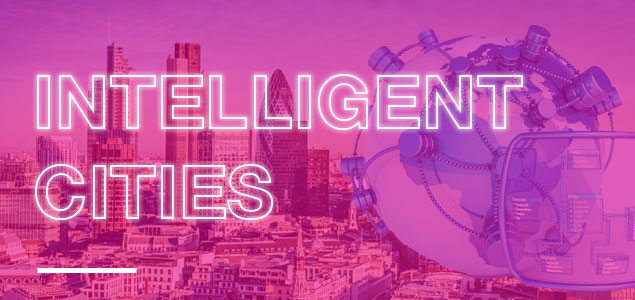
The technological revolution promises to soon realise many of the innovations once the domain of science fiction. While fully functional, sentient robots are still some way off great strides continue to be made in robotics. Many industrial processes, particularly in the manufacturing sector are already robotic. Operational efficiencies will continue be maximised by seamless, interconnected, automation technologies. Hover cars and jet packs may remain unrealised for quite some time. Though both will eventually become part of our daily lives. Space tourism is another formality which we expect will eventually extend to inter-planetary travel as far as Mars. In the future our technological dependence will undoubtedly be considerable.

Advancements in technology will make our homes smarter. Everything from heating to our domestic ovens and security systems will be controllable by smart phones. All parts of the smarter home will be connected, programmable and capable of communicating with residents while they are away. Through alerts and reminders. In the future, manual tasks like stocking your refrigerator will be replaced by automated processes, which shop for you based on the contents of your fridge and your consumption patterns. Homes will clean themselves enabling more time for life's important pursuits. Entertainment will be interactive and on demand. Overall, our home lives will be of a higher quality thanks to in-built technology.

Our cities will be comprised of intelligent infrastructures which will facilitate and optimise almost everything we do. Intelligent cities will monitor environmental conditions like air quality and ground conditions. Formulating trends better and executing corrective actions on behalf of citizens.Traffic jams will be a welcomed thing of the past. Connected infrastructure systems will ensure transportation is always running smarter and faster by managing city traffic flows to reduce congestion. All leveraging real-time traffic routing, weather, construction and traffic-signal timing data as well as that collected by driver-less automobiles. Drivers will be shown to available parking spaces rather than trawling aimless looking for one.

In the future, our health and the way in which we care for it will be considerably more sophisticated and effective. The average human lifespan in the developed world currently stands at around 70 years old. However with medical advancements, not only is this expected to increase but so too will our quality of life. Medicine will be tailored and will be more preventive in nature. Rather than addressing an existing health problem, our medical programs will focus on preventing them. Based on things like DNA profiles. Breakthroughs in everything from stem cell research to cancer treatments and gene therapy will mean people will not only live longer but will also stay active longer too.

The world is filled with life sustaining, natural resources. Yet massive disparity exists between developed and undeveloped nations and their general populations. In developed nations, water is considered a basic human right. However in the third world only a small proportion of the population has access to safe water supplies. Many walk for hours every day to collect water from contaminated or disease riddled sources. Despite the earth's surface being formed of approximately 70% water. In addition, developed nations like the United States no longer experience famines. While food shortages and extreme famines occur regularly throughout the African nations and parts of Asia and South America. Such extreme resource inequality as technology advances will importantly become a thing of the past.

For humans, the environment and the earth that we live on have never been so threatened by our very own existence. Yet theoretically everything we do that damages the environment is within our control. So why with complete awareness of the behaviour that causes such environmental damage, do we still continue those very same behaviours? The answer is not a simple one. However many will argue that a lot of our damaging behaviours like driving cars and air transportation are necessary evils. However right or wrong, the reality is it is imperative we harmonise our existence with that of the environment. At Exagenica we see a future where technology overcomes the causal factors of our environmentally damaging activities. Harmonising our existence with the needs of the planet on which we currently live. Importantly, its the only planet in the entire universe that's currently identified as habitable for humans.